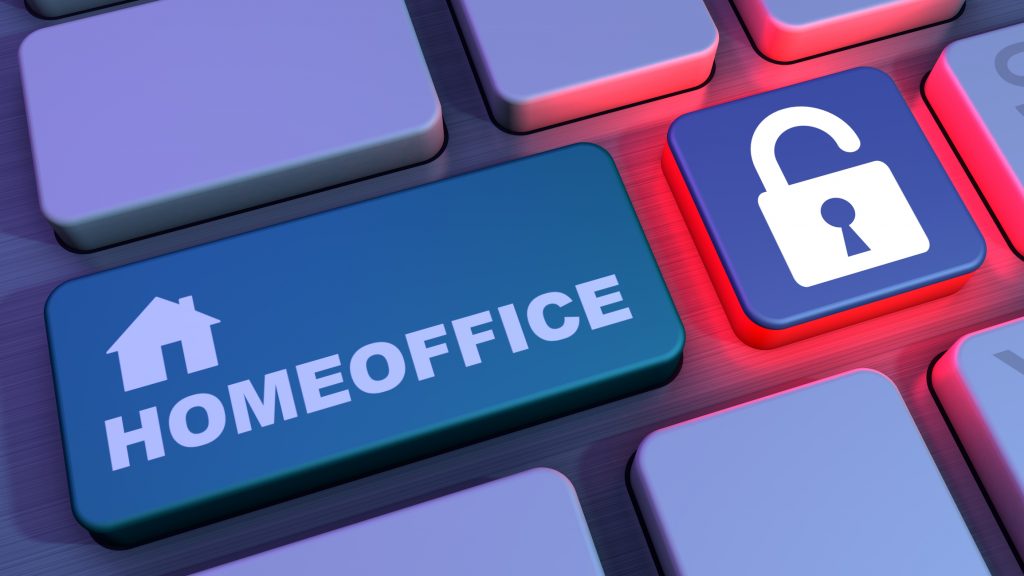
The coronavirus pandemic has forced many office employees to work remotely. It has also caused an increase in cybersecurity threats, as hackers and scammers attempt to capitalize on panic and vulnerabilities. If you’re taking steps to protect yourself from the coronavirus, make sure also to protect yourself from cyber threats when working remotely. Whether you’re used to this arrangement or not, here are five tips for staying cyber-secure when working from home.
Have a Secure Wi-Fi Network
Make sure your Wi-Fi network is secure. Some older installations may not be secure, which means that people nearby can connect to your network. Be sure that you have a strong password and change it periodically. You can also make your Wi-Fi network invisible to other computers and turn off the option to share files.
Avoid Using Personal Devices for Work
Your work device may have specific security software installed on it that your home devices do not. If a security incident happens while you are using a personal computer or phone, you might not have protection as an employee.[1]While it may be inconvenient to switch between work and personal devices, it can help keep your personal information and sensitive company information secure. It can also help separate work from personal time.
Beware of Coronavirus-Related Phishing
There has been an increase in coronavirus-related phishing. Beware any links sent to you about information relating to the coronavirus, even if it appears to be from a reputable source like the World Health Organization. It could be a hacker preying on fear about the COVID-19 pandemic. In general, be suspicious of emails from people you don’t know, especially if they’re asking you to click on links or open files. You can hover over a link to see the URL.
Keep In-Touch
You will, of course, be communicating with your colleagues about work, but also make sure to check in about cybersecurity measures you should be taking. Ask if you have malware protection installed on your devices. And, if you have to use a personal device, ask someone from the IT department about appropriate anti-virus software and the best cybersecurity practices. If you come across something suspicious that appears to come from within the company, ignore the message and contact the appropriate person at your company immediately.
If you’re spending more time at home and online these days, make sure to stay safe and secure. Taking measures to protect yourself and be on the lookout for phishing scams is essential no matter where you’re working. If you can’t come into our office but would like to request a complimentary review, give us a call or sign up online. We’re available to answer questions and provide more information.




